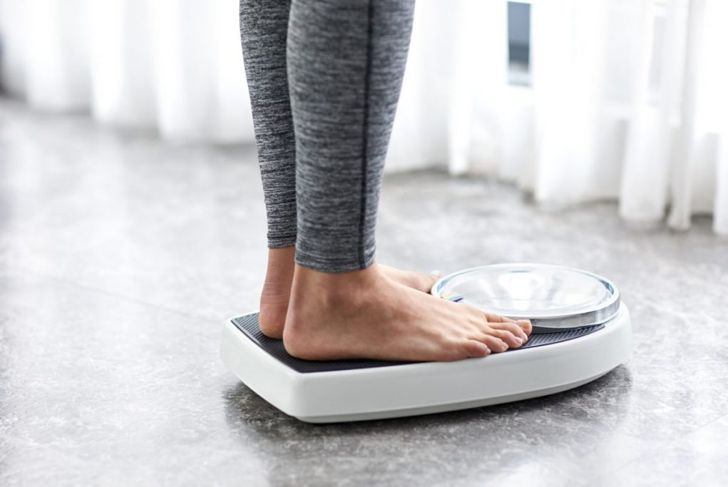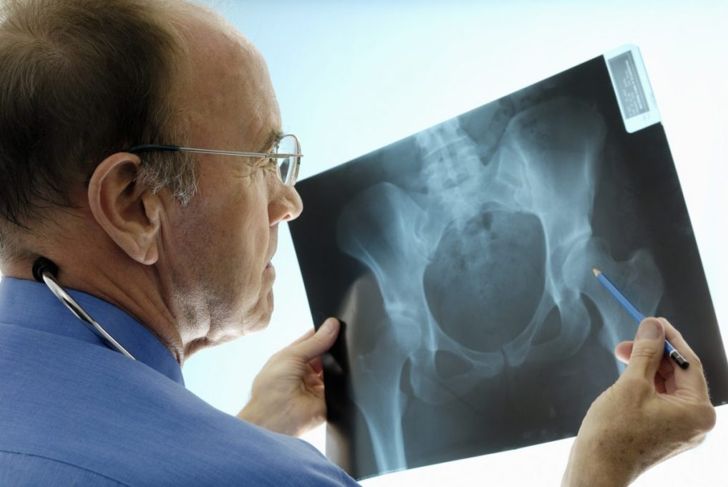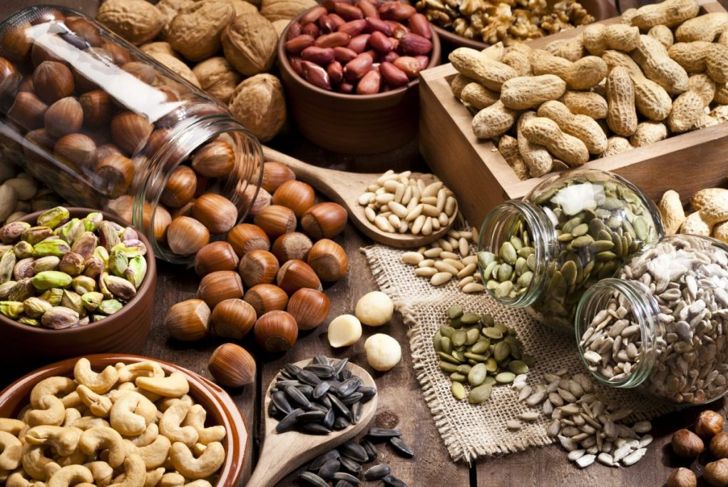Three macronutrients provide energy and structural material to the body: carbohydrates, fats, and protein. As protein is an essential ingredient in many functions, it is important to eat enough every day. Unfortunately, there is conflicting information out there about how much protein to consume and which foods are the best sources. It may take people some time to find the right amount of protein for their body type, but doing so can bring many benefits.
What is Protein?
Proteins are the building blocks of the body. They’re made up of amino acids, which are linked together and then folded to make complex shapes. The body can create non-essential amino acids. Essential amino acids are those the body cannot make on its own; it must consume these through diet. Protein helps build muscle and is also a component of enzymes, hormones, skin, organs, and the immune system.
Why Do You Need Protein?
Without protein, the body cannot rebuild all the parts that rely on the nutrient. As human bodies are constantly breaking down and rebuilding, people need to ensure they are consuming enough protein. If one consumes too little, muscle is broken down to replace the missing protein, causing reduced muscle mass. A diet lacking in protein can also lead to thinning hair, fatigue, and a poor immune system.
What is the Right Amount of Protein?
The recommended dietary allowance (RDA) is 0.8 grams of protein per kilogram of body weight or 0.36 grams per pound. This is the minimum needed to keep the body well, and many studies are now suggesting that Americans eat too little protein. The RDA of protein equals around ten percent of one’s daily caloric intake, while a recent study in the American Journal of Clinical Nutrition suggests protein should make up between 15 and 25 percent of total daily calories.
People with Increased Protein Needs
Certain populations have increased protein needs. People who are pregnant should eat at least one gram of protein per kilogram of body weight. Studies show elderly people also have higher protein needs; protein helps prevent osteoporosis and loss of muscle mass, both significant problems in older populations. Finally, people with physically demanding jobs, including athletes, should also eat more protein.
Protein to Lose Weight
Studies indicate eating more protein can help people lose weight, largely because the nutrient makes you feel full for longer. This can lead to a decrease in caloric intake. Protein also increases the metabolic rate, meaning the body can burn more calories just by existing. Protein intake at around 25 to 30 percent of total daily intake can lead to burning 80 to 100 more calories each day without exercise. No matter the type of weight loss diet, more protein makes it easier to maintain. Of course, it is always best to speak to a doctor before significantly increasing any nutrient.
Protein to Gain Muscle
Not surprisingly, protein is also essential to people trying to build muscle mass. The body requires protein to create new muscle, so those who are weight training or wish to build strength should increase their protein intake. Different studies have different conclusions, but most recommend between 0.7 and 1 gram of protein per pound of body weight. People who are overweight may wish to make the calculation based on their goal weight, as the amount of protein needed is mainly based on lean muscle mass.
Negative Effects of High Protein
There are many myths about high protein intake and its effect on bones and kidneys. Protein was previously thought to cause osteoporosis but recent studies show it may, in fact, help prevent the disease. Studies also suggest there is no link between high protein intake and kidney disease in healthy adults. Despite this, protein can cause problems in people who already have kidney disease or who are at risk for it, such as those with diabetes. Discussions with a doctor or specialist can help determine the right amount of protein for a person, taking into account all related factors.
How to Tell if You’re Getting Enough Protein
Most people who regularly eat animal products should be consuming the right amount of protein. Those who want more exact numbers can track their food on an app that calculates macronutrients. Some tell-tale signs of low protein include weak and thinning hair, brittle nails, and a loss of muscle. People with particular health concerns or health goals may wish to consult a dietitian for specific recommendations.
High-Protein Animal Foods
Protein sources from animals include red meat, poultry, fish, eggs, and dairy products. These protein sources contain all the essential amino acids the body requires. When getting protein from animal sources, make sure to consider the other nutrients the food contains. For example, processed meats are high in salt and sugar, and red meats may also include a lot of fat. Chicken breast, on the other hand, has a high amount of protein with very little fat.
High-Protein Plant Foods
Most non-animal sources of protein do not contain all the amino acids required for a healthy body, but you can get all essential amino acids by eating a variety of plants. In the past, vegans and vegetarians combined proteins at meals to get all their amino acids, but scientists now know that just eating a varied diet throughout the day can give the body everything it needs. High-protein plant foods include quinoa, tofu, lentils, chickpeas, and nuts.

 Home
Home Health
Health Diet & Nutrition
Diet & Nutrition Living Well
Living Well More
More




















